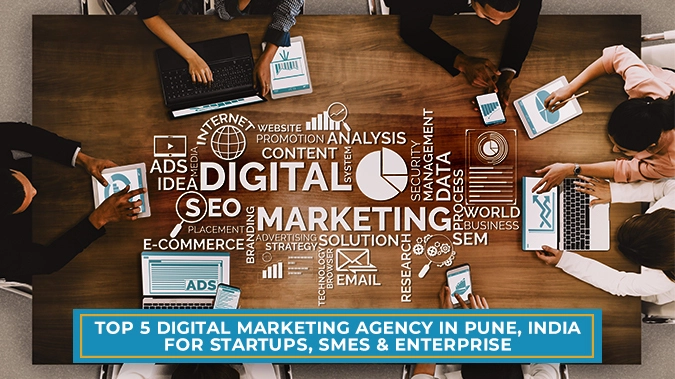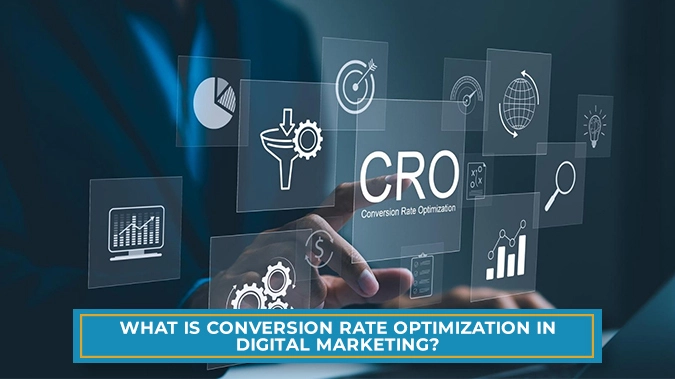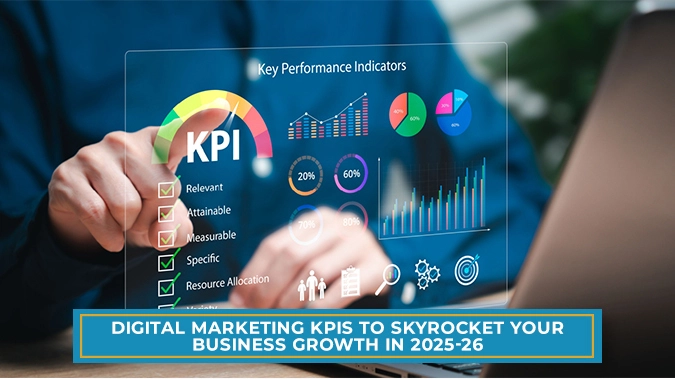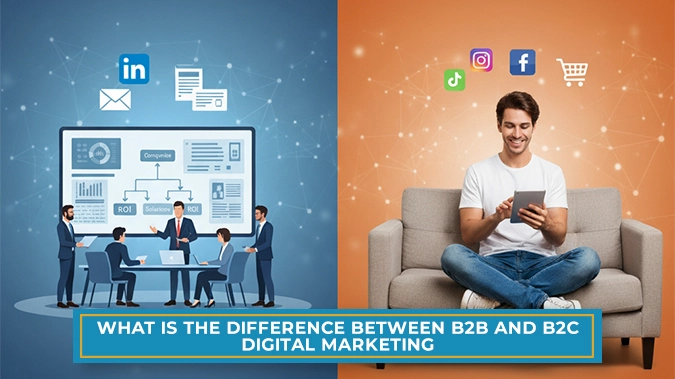Chatbot Marketing: Boost your sales & Leads using Chatbots for Business

In the digital age, chatbots have become increasingly popular tools for businesses looking to improve customer service and streamline communication. These AI-powered software programs are designed to simulate conversation with human users, using natural language processing and machine learning techniques.
Over the past few years, the chatbot's future has evolved from simply automated responses to sophisticated virtual assistants that can handle a wide range of tasks and interactions. They are being used in a variety of industries, from e-commerce and retail to banking and healthcare, and are changing the way businesses operate and interact with their customers.
In this blog, we will explore how the scope of a chatbot is transforming the future of digital business and how they are being used to improve customer service, increase efficiency, and drive growth. We will also discuss the challenges and limitations of chatbots and what the future of chatbots holds for this technology.
But First, What Are Chatbots?
Chatbots are software programs that are designed to simulate conversations with human users, using artificial intelligence (AI) and natural language processing (NLP) techniques. They are often integrated into messaging apps, websites, or mobile apps, and can be used to provide customer service, answer frequently asked questions, or perform other tasks.
There are two main types of chatbots: rule-based chatbots and AI-powered chatbots. Rule-based chatbots are designed to follow a specific set of rules or instructions to provide responses to user input. These chatbots are limited in their capabilities and can only provide pre-programmed responses to specific questions or requests.
AI-powered chatbots, on the other hand, use machine learning algorithms to understand and interpret user input and provide appropriate responses. These chatbots are more sophisticated and can handle a wider range of tasks and interactions. They can also learn and adapt over time, improving their performance as they interact with more users.
How Chatbots are Changing the Future of Digital Business?
Chatbots, which were once limited to providing simply automated responses, have evolved into sophisticated virtual assistants capable of handling a variety of tasks and interactions across multiple industries, including e-commerce, retail, banking, and healthcare. These AI-powered software programs have significantly impacted how businesses operate and communicate with their customers.
One of the main ways that the scope of chatbots is changing the future of digital business is by improving customer service. Chatbots can handle a wide range of customer inquiries and requests, providing quick and accurate responses around the clock. This can help businesses to improve customer satisfaction and loyalty, as well as reduce the workload for human customer service representatives.
Another way that chatbots are changing the future of digital business is by increasing efficiency. Chatbots can handle a high volume of interactions simultaneously, freeing up human employees to focus on more complex tasks. This can help businesses to save time and resources, improving their overall efficiency and productivity.
Chatbots are also being used to drive growth for businesses. By providing personalized recommendations and targeted marketing messages, chatbots can help businesses to increase sales and revenue. They can also be used to gather customer feedback and insights, helping businesses to improve their products and services.
What Are the Effects of Chatbots in Different Industries?
Chatbots for businesses are revolutionizing the way businesses operate and interact with their customers. These AI-powered software programs are designed to simulate conversation with human users, using natural language processing and machine learning techniques. They are being used in a variety of industries to improve customer service, increase efficiency, and drive growth.
-
In the e-commerce industry
Chatbots are being used to help customers find products, place orders, and track shipments. They can also provide personalized recommendations and assist with returns and exchanges.
-
In the retail industry
Chatbots are being used to provide information about products and services, answer frequently asked questions, and assist with booking appointments or reservations. They can also be used to collect customer feedback and improve the shopping experience.
-
In the banking and financial services industry
Chatbots are being used to assist with account management, provide financial advice, and handle transactions. They can also help with fraud prevention and security.
-
In the healthcare industry
Chatbots are being used to provide information about medical conditions and treatments, schedule appointments, and assist with medication management. They can also help with telemedicine consultations and remote patient monitoring.
-
In the marketing industry
Chatbots in digital marketing can be used for various marketing purposes such as lead generation, personalized recommendations, customer segmentation, customer engagement, and promotions. Chatbot marketing can collect customer data, provide personalized recommendations, segment customers based on their interests, engage with customers through messaging apps or websites, and send promotional messages and offers. Chatbots can help businesses collect customer data, segment their audience, engage with customers, and promote products and services.
Overall, chatbots are having a significant impact on different industries by improving customer service, increasing efficiency, and driving growth. As technology continues to evolve, it is likely that chatbots will become an even more integral part of the way businesses operate in the future.
What Are Some Challenges Faced By the Future of Chatbots?
There are several challenges that the future of chatbots may face in their development and deployment. Some of these challenges include:
-
Natural language processing:
Chatbots rely on natural language processing (NLP) algorithms to understand and interpret user input. However, NLP is a complex field and chatbots may struggle to understand certain accents, dialects, or colloquialisms.
-
Limited capabilities:
Chatbots are limited by their programming and may not be able to handle complex or unexpected requests. They may also struggle to understand the context or provide appropriate responses in certain situations.
-
Lack of human interaction:
Chatbots do not have the same social and emotional intelligence as humans and may not be able to provide the same level of customer service or personalization.
-
Ethical concerns:
There are concerns about the potential for chatbots to be used to spread misinformation or manipulate users. There is also a risk that chatbots could be used to discriminate against certain groups of people or to violate privacy.
-
Integration and deployment:
Chatbots need to be integrated into messaging apps, websites, or mobile apps, which can be a complex process. There may also be challenges in deploying chatbots at scale and ensuring that they are effective and reliable.
Overall, chatbots for businesses are facing a number of challenges in their development and deployment, but as the technology continues to evolve, it is likely that many of these challenges will be addressed.
Conclusion
In conclusion, chatbots are transforming the way businesses operate and interact with their customers in the digital age. With the help of AI and natural language processing techniques, these virtual assistants are able to handle a wide range of tasks and interactions, improving customer service, increasing efficiency, and driving growth. As the technology continues to evolve, it is likely that chatbots will play an even more integral role in the future of chatbots in digital marketing and businesses.






